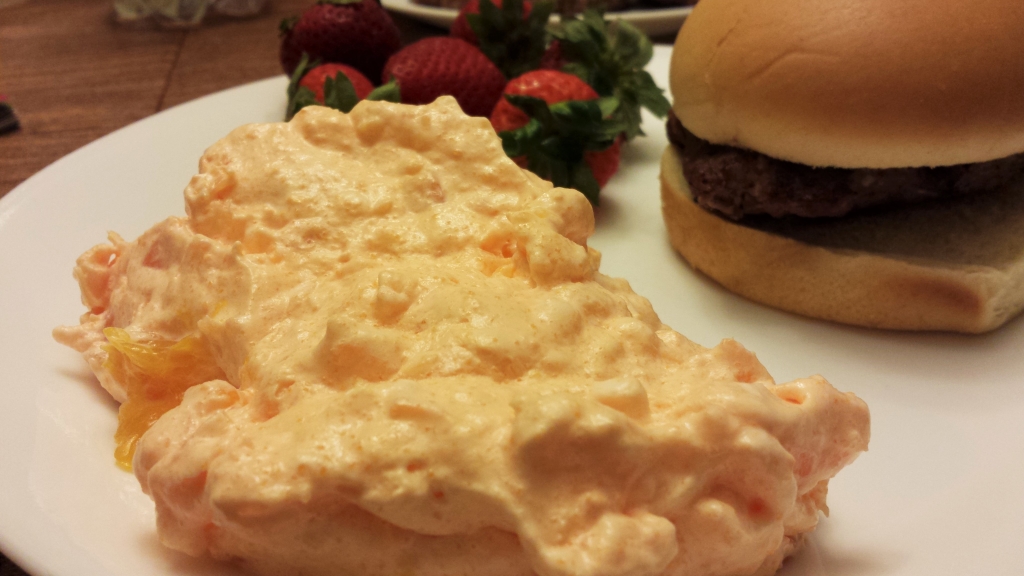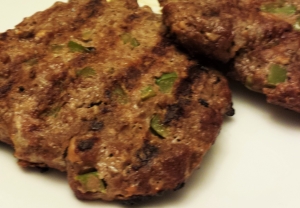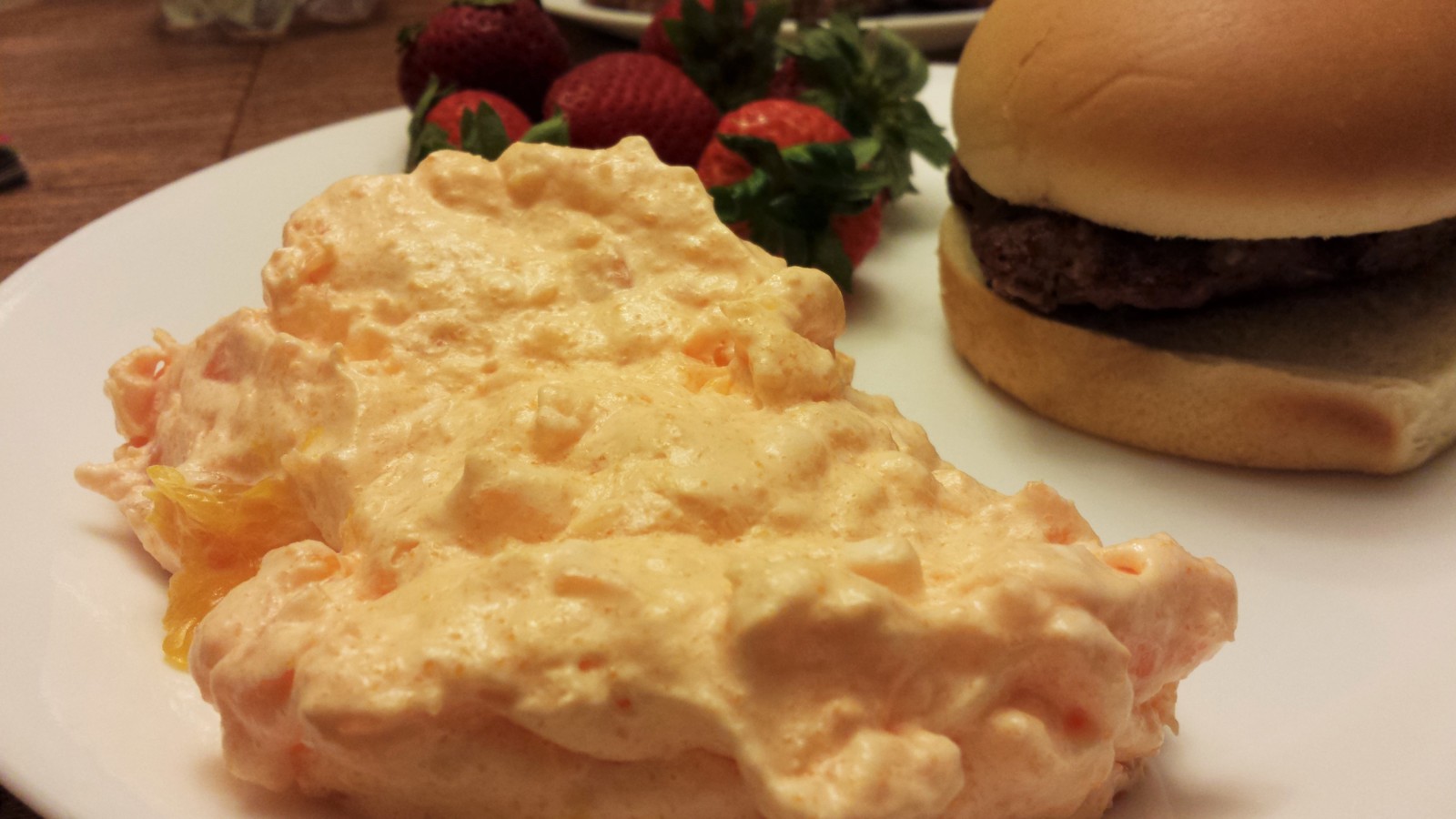Maybe you’re one of those people who gets a hangnail and it’s just a hangnail, nothing complicated. Nip it off and, in no time, you’re back to hanging wallpaper or training tigers or whatever it is that you do. But as I read Jerome Groopman’s How Doctors Think, I can see that some of us are not so lucky. We live in tricky bodies, bodies that hide big problems. Dr. Groopman and others like him can look at our x-rays or palpate our abdomens and miss the very thing that’s going to kill us forty-eight hours from now.
Not that they want to miss it. But bodies are so much more complicated than, say, assemble-it-yourself furniture. On top of that, no doctor can think of every possibility.
For instance, he cites the case of a man who shows up in the ER with a sore ankle. He had tripped on the street. He asks for good news, like Please tell me it’s not broken, and then he asks for painkillers.
So they fix his ankle. But they never think to ask more questions, like, “Do you trip often?” In this case, they later learn that, yes, he’s unsteady because he’s weak from anemia. The cause of his anemia turns out to be colon cancer.
A doctor can never run out of ways to get it wrong. Here are two examples:
Anchoring: “Anchoring is a shortcut in thinking where a person doesn’t consider multiple possibilities but quickly and firmly latches on to a single one, sure that he has thrown his anchor down just where he needs to be.”
Or —
Satisfaction of search: “This is the tendency to stop searching for a diagnosis once you find something.”
Oh, there are more, so many more.
Groopman breaks up all the theory with fascinating case studies. Test your own Sherlock Holmes skills and see if you can figure out why the adopted baby from VietNam fails to thrive, or why the usual catheter inserted into a neck doesn’t work as it should.
And doctors can be oh-so-human. Maybe they don’t like you.You live on the street, you smell like it, you probably won’t follow instructions and they just don’t want the certain failure that comes from dealing with you.
Or maybe they like you too much. They hesitate to recommend painful therapies because they don’t want to see you suffer.
Groopman cares deeply about his patients. Driven by a need to improve, to learn from his own errors, he offers ideas useful to doctors and patients alike.
I carried this book into my own doctor’s office this week. I hope she didn’t think I was challenging her judgment. Nope, just a little casual reading in a week where I burned the candle at both ends, eventually running out candle.
I’m on the mend, thank you. But before her pills kicked in, my throat was so sore I had to brace myself and count to ten before swallowing. This sweet and fluffy Orange Salad went down nicely. 
And the Cajun Burgers, stuffed with flavor, also helped me forget my misery a little.







Leave A Comment